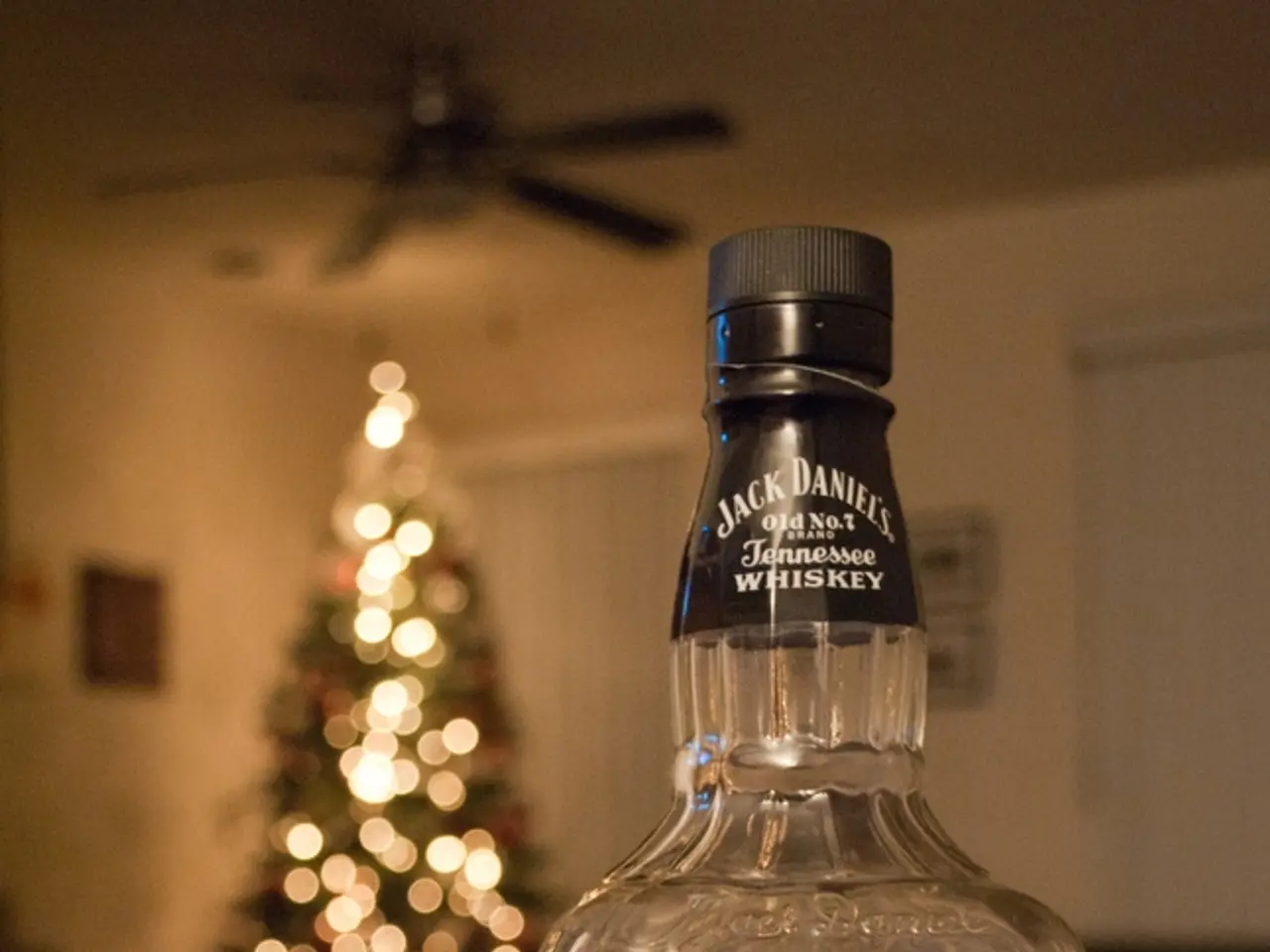Recurrences in Addictions Post Holiday Seasons: A Stealthy Battle
MonteAlminara, a renowned treatment center situated near Moclinejo, Malaga in Andalusia, stands out for its approach to addiction treatment. For those struggling with addictions, particularly during the post-holiday season, MonteAlminara provides a new perspective on life that is healthier and more fulfilling.
The center offers treatment for addictions and tools to manage post-holiday challenges. Relapse does not mean a total failure of treatment; it's crucial to seek help immediately. To prevent post-holiday relapses, it is essential to develop strong coping mechanisms, maintain structured routines, actively engage in professional support such as therapy and support groups, and build a reliable support network.
One of the key strategies for relapse prevention involves engaging in therapy and support groups. Cognitive-behavioral therapy (CBT), group counseling, and 12-step programs like Alcoholics Anonymous offer skills for coping with stress and triggers, provide accountability, and foster community, which supports sustained recovery.
Identifying and managing triggers is another crucial aspect. Holidays often involve social situations and emotional stressors that can trigger relapse. Recognizing personal triggers enables individuals to employ alternative coping methods like mindfulness, journaling, or exercise instead of substance use.
Building and relying on a strong support network is equally important. Staying connected with family, friends, and sober peers provides encouragement and accountability, essential in vulnerable post-holiday periods.
Maintaining healthy routines is also vital. Establishing consistent daily schedules involving therapy sessions, self-care, physical activity, and support group participation offers stability, reduces stress, manages cravings, and improves emotional regulation.
In some cases, medication-assisted treatment (MAT) may be appropriate. Medications such as naltrexone or acamprosate can reduce cravings and support relapse prevention when combined with therapy.
For individuals who relapse, quick and nonjudgmental access to treatment is essential. Professional support and intervention can help reengage with recovery programs. Clear communication and enforcement of healthy boundaries by loved ones contribute to effective interventions.
Planning for high-risk times is also vital. Holidays and vacations can disrupt usual recovery structures. Preparing strategies to stay connected with support systems and maintain routines during these times is crucial.
Seeking professional help is crucial for overcoming post-holiday relapses in addiction recovery. If you or someone you know is struggling with an addiction, especially after a festive period, MonteAlminara, with its private environment that promotes comprehensive recovery, offers a beacon of hope.
- To prevent post-holiday relapses, it is essential to identify and manage triggers, develop strong coping mechanisms, maintain structured routines, actively engage in professional support such as therapy and support groups, and build a reliable support network.
- Identifying personal triggers, like emotional stressors during the holidays, enables individuals to employ alternative coping methods to avoid substance use.
- For those who relapse, quick and nonjudgmental access to treatment is essential. MonteAlminara, with its private environment promoting comprehensive recovery, offers a beacon of hope for individuals struggling with addictions, especially after a festive period.




